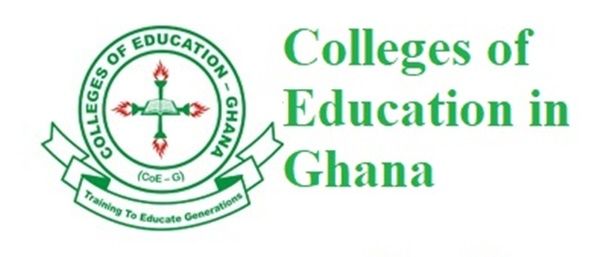
In the knowledge economy, businesses (both private and public) will have to convert themselves into organisations of knowledge specialists to remain competitive, maybe, even to survive (Peter Drucker, 1968).
Do you think the poor services rendered by government ministries, departments and agencies (MDAs) and metropolitan, municipal and district assemblies (MMDAs) could be improved if the following were carried out?
The publication of their service delivery standards (or Client Service Charters) in the national newspapers every week, or within some reasonable intervals;
The creation of downloadable apps (mobile applications for smartphones) that provide these service delivery standards (in detail), and which can be downloaded with the same ease as WhatsApp, Zoom or Facebook; and
The publication of quarterly performance league tables showing how MDAs and MMDAs performed against their service delivery standards.
Yes, these simple interventions can change the face of doing business with public sector organisations.
Such an intervention would imply an intention to compel state organisations to manage their corporate knowledge by harnessing internal knowledge resources and leveraging customer relationships, which is part of an emerging discipline and practice known as Knowledge Management (KM).
Knowledge Economy
Both as a discipline taught in schools and a practice deployed in organisations, Knowledge Management presents a pragmatic strategic option for public administrators to grow intellectual capability and to improve policymaking in Ghana.
We are currently in the Information Age, where information and communication technologies (ICTs) have made it easy to carry out daily activities.
Evolution of ICTs has spawned an economy, known as the Knowledge Economy.
This Knowledge Economy phenomenon is shifting the basis for economic activity from material and labour inputs to knowledge and information input.
According to the Organisation for Economic Cooperation and Development (OECD), the Knowledge Economy is a description of the trends in an economy towards greater dependence on knowledge, information and higher skills, on one hand, and the increasing need for the ready access to all these by the business and the public sectors.
Developed countries are riding on the back of cutting-edge technologies to transform their economies from that which depend on factories or manufacturing to those that thrive on knowledge and information.
Effectively, such economies are driven by the services sector and the contribution of the services sector to a country’s Gross Domestic Product (GDP) is a veritable indication of the extent to which those economies employ knowledge as a factor of production.
But attempts to manage knowledge as a corporate asset comes with its own challenges; problems that spawned the Knowledge Management Movement.
Knowledge management
The extant literature is strewn with numerous definitions of the term ‘Knowledge Management’. This is not surprising as the subject is still growing and maturing in epistemology.
Both as a discipline and a practice, Knowledge Management is not as mature as some other subjects including Law and Accountancy.
However, a definition adopted for this article is, the practices, interventions, techniques and systems that enable knowledge creation, sharing, capture, storage, transmission and utilisation (re-use) within an organised setting.
In this wise, individuals and corporate entities can choose to manage their knowledge. Thomas H. Davenport and Lawrence Prusak give us a working definition: A fluid mix of framed experience, values, contextual information and expert insight that provides a framework for evaluating and incorporating new experiences and information.
It originates and is applied in the minds of knowers. Thus knowledge is not neat or simple.
It is a mixture of various elements; it is fluid as well as formally structured; it is intuitive and, therefore, hard to capture in words or understand completely in logical terms.
KM can be contextualised for the Ghanaian setting. Thus, localising the definition of KM above, we can say that KM has to do with: knowing what you know; knowing what you do not know; bridging the knowledge and information gap arising and connecting to global knowledge resources and good practices.
From the localised definition, employed as a strategic planning tool or a public sector reform strategy, KM seeks to create air-tight policies to guard against the capricious exercise of discretion; to hold duty bearers accountable by enabling a transparent relationship; and facilitating learning and knowledge sharing by bringing those who want to know and those who know together.
As aforementioned, for public administrators in Ghana, KM presents a pragmatic strategic option to grow intellectual capability and to improve policymaking.
History
Knowledge Management emerged in the mid-1990s as a solution to the challenge of managing intellectual assets in the knowledge economy; an economy which emphasises knowledge as the bedrock of our socio-economic development, and where wealth is based upon ownership of knowledge and the ability to use that knowledge to create and improve goods and services.
The knowledge economy phenomenon is transforming every facet of the global economy – both in the private and public sectors.
KM has passed the fad stage and today, it has become a critical component in corporate strategic planning and policy implementation.
The writer is the CEO of Knowledge Kinetics Organisation (2KO), an NGO











